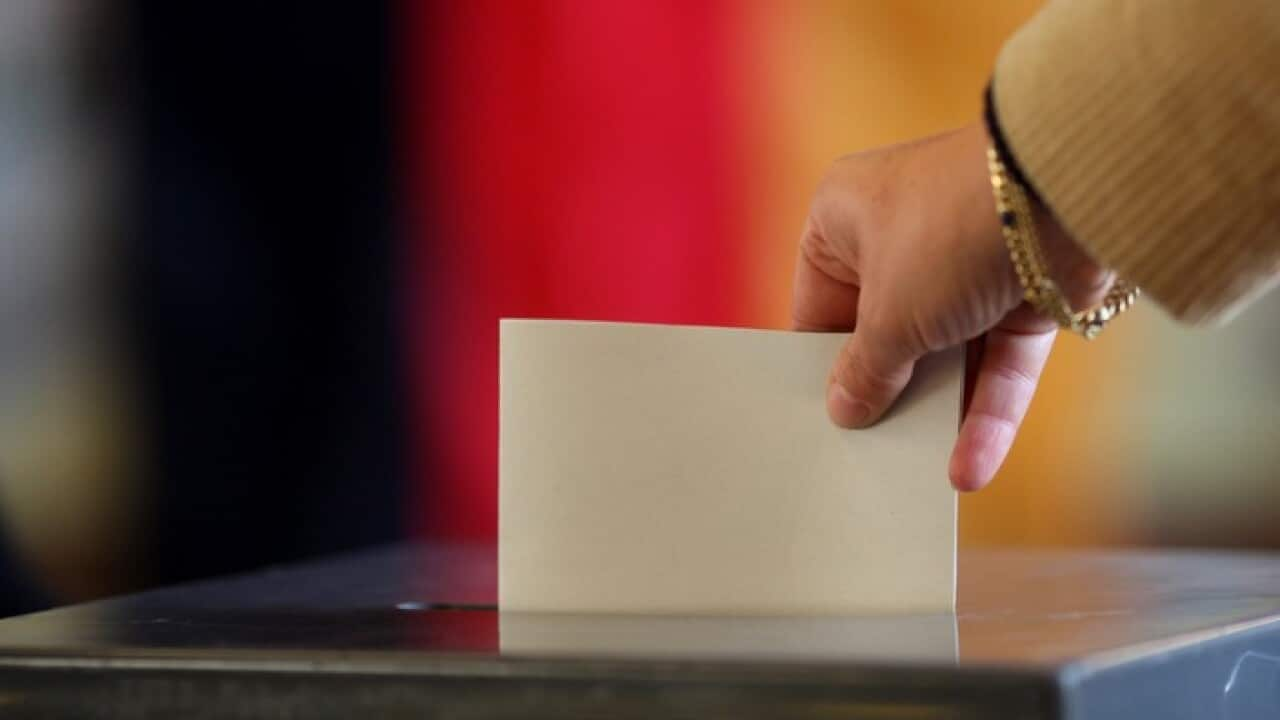Unlike Australians, Germans are asked to go to the polls on Sundays.
"The idea behind it is to give as many people as possible the chance to participate," Christiane Becker tells SBS German.
Becker is a representative from the 'Bundeswahlleiter' - the authority in charge of organising federal and European elections in Germany.
The process of voting is rather unspectacular as well. Social gatherings, in Australia usually paired with a barbecue along the way, around the election are not common.
Federal elections are being held every four years, compared to the three-year circle Australians are used to.
Germany uses the postal vote system only. Polling stations abroad, something France has implemented, or voting online, just as the Swiss do, is not possible.
"It may sound complicated. But I believe it's not." (Lothar Freischlader, Germany's General Consul in Sydney)
Germans are required to cast their ballot in one specific polling station, according to their place of residence. In other words, choosing a place to vote on an individual basis is not possible.
This is also where it gets tricky for Germans living overseas: Every eligible voter needs to gain access to a central register first.
This week’s podcast (in German) explains the necessary steps precisely.

Who is entitled to vote?
Not every German citizen is allowed to vote. Only if…
- They have spent at least an uninterrupted three months in Germany after turning 14 during the past 25 years
or
- If they hold close personal ties with Germany.





